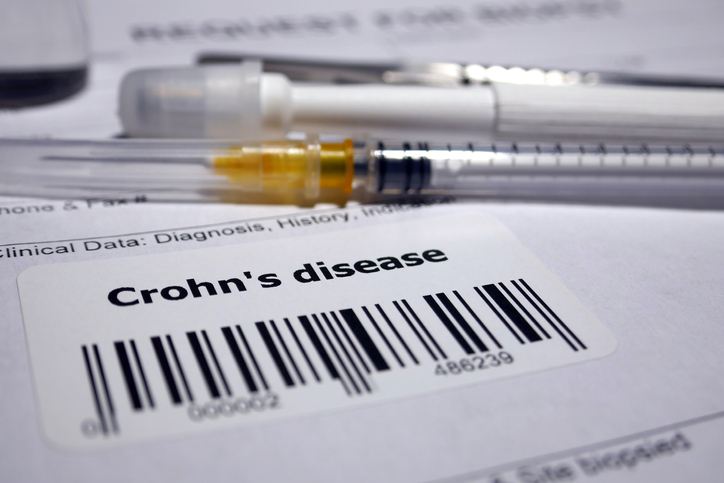Pain
Conventional Medical Treatments for Crohn’s Disease

What is Crohn’s Disease?
Crohn's disease is an inflammatory bowel disease (IBD) that causes inflammation of the digestive tract. Although the intestines are often symptomatic, Crohn’s disease can produce symptoms anywhere in the digestive tract from the mouth to the anus. The lower part of the small intestine is most commonly affected by Crohn’s disease.
Inflammation caused by Crohn’s disease can affect various parts of the body. Oftentimes, inflammation spreads deep within the affected bowel tissue. Crohn’s disease is usually painful and can be debilitating. In severe cases, life-threatening complications can occur.
What are the treatments for Crohn’s disease?
There is no cure for Crohn’s disease, but treatments are available to help relieve symptoms and limit complications. Treatments include medications, nutrition therapy and surgery.
Medications
Several types of medications are used to treat Crohn’s disease:
- Anti-inflammatory drugs
Since Crohn’s disease is an inflammatory disease, anti-inflammatory drugs are often the first medications used for treatment. These medications include corticosteroids and oral 5-aminosalicylates. - Immune system suppressors
The immune system is responsible for producing the substances that cause inflammation, so medications that suppress the immune system can help decrease inflammation and reduce Crohn’s disease symptoms. These medications include azathioprine, mercaptopurine, and methotrexate. - Antibiotics
Antibiotics can be used to help heal fistulas and abscesses caused by Crohn’s disease. Antibiotics may also reduce intestinal bacteria that trigger the immune system and cause inflammation. Commonly prescribed antibiotics include ciprofloxacin and metronidazole. - Biologics
Biologics are typically used for moderate to severe Crohn’s disease. Biologics are injectable medications that reduce inflammation in specific areas, such as the lining of the intestines. These medications include infliximab, adalimumab and vedolizumab. - Other medications
Other medications that may be prescribed to treat symptoms of Crohn’s disease include antidiarrheals, pain-relieving medications, and supplements for deficiencies that may result from Crohn’s disease, such as iron and vitamin B-12.
Nutrition therapy
Completely resting the bowel can help reduce inflammation and reduce symptoms. To receive nutrients while on bowel rest, a special diet may be administered through a feeding tube or nutrients may be injected into a vein.
Surgery
If medications, diet, lifestyle changes or other treatments do not reduce the symptoms of Crohn’s disease, surgery may be necessary. During surgery, the damaged portion of the digestive tract is removed and healthy sections are reconnected. Surgery can also correct blockages, perforations or intestinal bleeding. Nearly 50 percent of individuals with Crohn’s disease will require at least one surgery.










